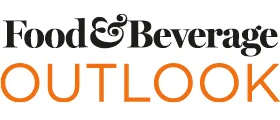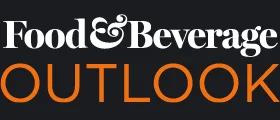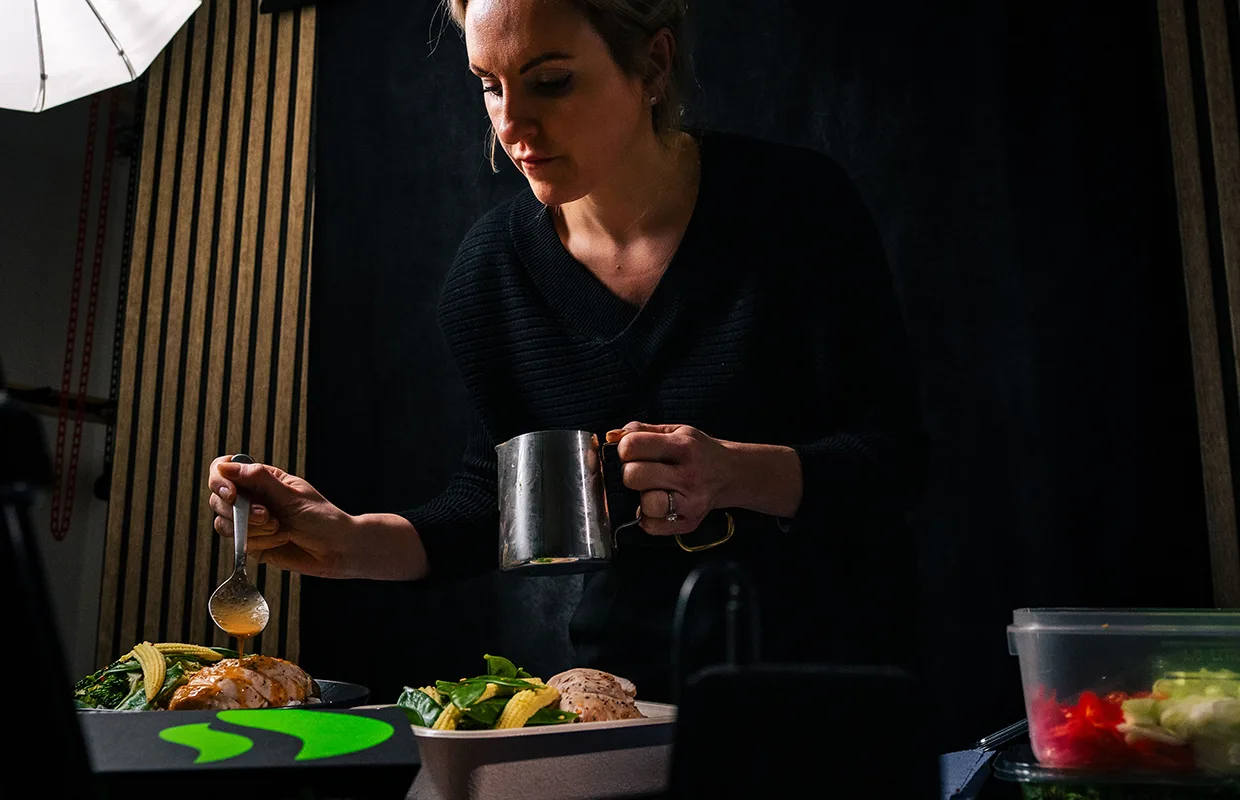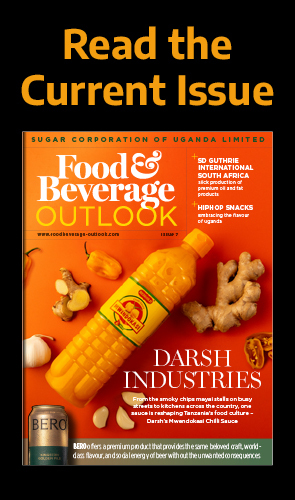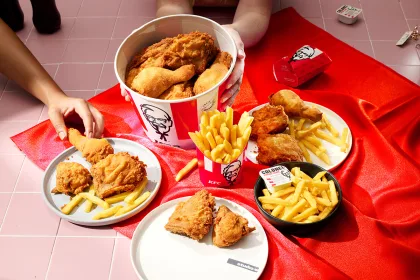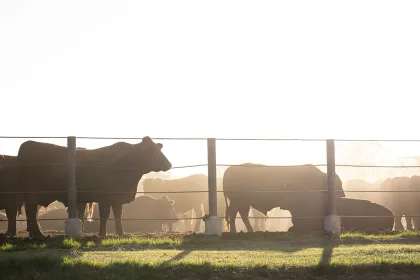Serving quality freshness, Michelle Laithwaite, CEO of FuelHub, tells us how the company delivers gym-goers and athletes alike with highly nutritious and eco-conscious meal prep solutions.
PREMIUM AND NUTRITIOUS MEAL PREP
The nutritional meal-prep sector has taken the European food and beverage industry by storm, as more people are on the hunt for healthy, fresh, and convenient meal solutions that can easily fit into their busy schedules.
As the go-to nutrition provider for elite athletes, teams, and everyday gym-goers, FuelHub is positioned at the forefront of the sector, creating high-protein, macro-controlled meals designed by nutritionists and approved by athletes.
“My husband James and I launched the business from our own kitchen in 2019 and have achieved huge growth every year since, most recently hitting an impressive 90 percent year-on-year increase in revenue,” Michelle Laithwaite, CEO, opens.
This expansion is supported by its consistent customer growth, which has recently risen by nine percent on a monthly basis, alongside an increase in the company’s partnerships with over 60 top-tier sporting organisations including Matchroom Boxing, Team GB, and Professional Darts Corporation (PDC), as well as football clubs Chelsea and Fulham.
Therefore, serving 1,500 customers, which has substantially grown from a mere 700 in 2023, the company helps to fuel hundreds of elite athletes across the UK.
FuelHub has established a steadfast reputation thanks to its delicious product range, including ready-to-eat meals and breakfast and protein snacks, keeping its customers fuelled throughout the day.
Up to 24 meals can be ordered in one delivery, which is then sent to customers’ doors once a week. Dishes can subsequently be kept in the fridge for up to six days, easily covering a week’s meal prep.
Moreover, in order to keep its food choices diverse and exciting, FuelHub makes sure to update its menu on a monthly basis, providing a vast range of tasty and nutritious meals.
“Having started the company with just me and James, we now employ more than 30 people, who are all key to contributing to the company’s success,” Laithwaite expands.
AN INNOVATIVE AND ZERO-WASTE APPROACH
Headquartered in Warrington, UK, FuelHub operates a cutting-edge food production facility that is purpose-built and fully customised to the company’s needs.
In 2022, FuelHub made the strategic decision to move into its current 15,000-square-foot facility to keep up with the surge in demand for its meals. This increase also enabled the company to boost its capacity to produce 15,000 chef-prepared, high-protein meals per week for its customers nationwide.
In light of this, FuelHub’s kitchen facility has the best-in-class sealing machinery, gas flush packaging, new large-scale refrigeration, and blast filling capacity, as well as an increased cookline.
The facility was also specially designed to utilise eco-friendly elements with minimal environmental impacts.
“We have believed in being a sustainable business from day one and adopted a zero-waste approach across our operations.
“Being net zero and having these targets aren’t just empty promises but are the core values that define who we are and what we offer to our customers,” impassions Laithwaite.
It is due to this authenticity that FuelHub enjoys many repeat customers and will continue to be as environmentally conscious as possible.
“Sustainability isn’t just a ‘nice-to-have’; we believe it gives us a competitive edge and truly resonates with the people we serve.”
As such, the company’s production line operates on a zero-waste model where meals are freshly prepared to order, which is estimated to save 99 percent of potential food waste.
In keeping with this approach, FuelHub operates two production runs per week based on the exact number of meals for that particular operation and has strict cut-off times for website orders to ensure this target is followed.

DELIVERING ECO-FRIENDLY FRESHNESS
Coupled with its zero-waste food model, FuelHub has aimed to make its packaging environmentally friendly since its inception.
Currently, the company’s meals are packaged in sustainable, 100 percent recyclable containers made from sugarcane pulp.
To further reduce waste, FuelHub’s delivery boxes are made from recyclable and reusable cardboard, insulated with naturally sustainable wool liner – an eco-friendly alternative to plastic that is not only compostable but also a natural by-product.
“For a business that is young and growing fast, it may be the norm to cut costs wherever possible, and areas like packaging are key for cost-cutting measures. However, because of our commitment to being as green as possible, we have maintained our dedication to using sustainable packaging,” Laithwaite affirms.
Therefore, the company remains focused on creating a product that benefits its customers and the planet, recognising that its long-term gains will also have a noticeable impact on its future success.
Offering over 15,000 meals for its diverse customer base, FuelHub’s in-house nutritionist and product development team designs meals around current trends and customer feedback, guaranteeing the highest possible quality and protein content alongside eco-friendly packaging.
All orders are made fresh for each production run, with deliveries of ingredients arriving from suppliers at 4am daily, ensuring all its meals are as fresh as possible.
This is also helped by the fact that FuelHub’s dishes are prepared and cooked on-site, ready to be assembled on the production line.
Once assembled, the meals are transported to the company’s temperature-controlled logistics facility, where they are prepared to be picked, packed, and shipped to the customer via FuelHub’s courier partner, DPD.
“All meals are shipped in temperature-controlled packaging, which ensures they stay fresh in transit for up to 24 hours,” Laithwaite highlights.
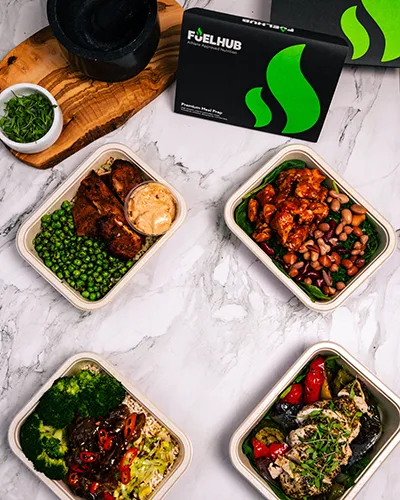

INFLUENTIAL AND MEANINGFUL PARTNERSHIPS
FuelHub was first inspired by James’ lack of access to high-quality, nutritious meals during his time as a professional Rugby League athlete.
“Although there are thousands of elite athletes in the UK, the majority lack the same kind of state-of-the-art facilities and food that, for example, Premier League football players have at their disposal.
“A lot of professional athletes, including the famous ones, may not have the budget for a personal chef or canteen catering with personalised menus and bespoke diet plans. Many even have full careers alongside their training and competitions,” Laithwaite divulges.
She found this problem was likewise apparent for regular gym-goers who lack the time during the day to prioritise cooking a macro-controlled nutritious meal that positively contributes to their fitness goals.
“Using James’ network, we partnered with athletes and sports organisations to help meet this need. By partnering with more teams and athletes, our meals began to speak for themselves. Food is such a critical part of an athlete’s training regime, so if our meals weren’t up to scratch, our athlete partnerships would never be a success,” she attests.
As a result, the company’s partnerships go beyond typical celebrity collaborations seen with other brands, which often rely on a celebrity’s influence to drive sales. Instead, FuelHub cares deeply about peoples’ nutrition, as shown through its meals.
“Our partnerships are designed to actually fuel athletes’ performance, which is something that we, as regular gym-goers ourselves, are passionate about.”
The company has a host of significant partnerships in the pipeline, including collaborations with the PDC and the Great North Run, whilst its Matchroom Boxing partnership recently went live in April.

FUELLING FUTURE GROWTH
FuelHub has a range of projects on the horizon, such as its second round of investment to upscale its operations. This will include key hires in growth, operations, marketing, and finance, as well as new headquarters to facilitate further expansion. In order to keep up with increasing demand, the company has also heavily invested in both infrastructure and team development.
Looking ahead to the coming year, FuelHub aims to triple its weekly meal production to 36,000, whilst its turnover is projected to surpass £7 million by 2026.
“To support this growth, we are focusing on automating labour-intensive processes and making strategic hires to strengthen our management team, ensuring sustainable scaling whilst upholding our high standards of quality,” concludes Laithwaite.
